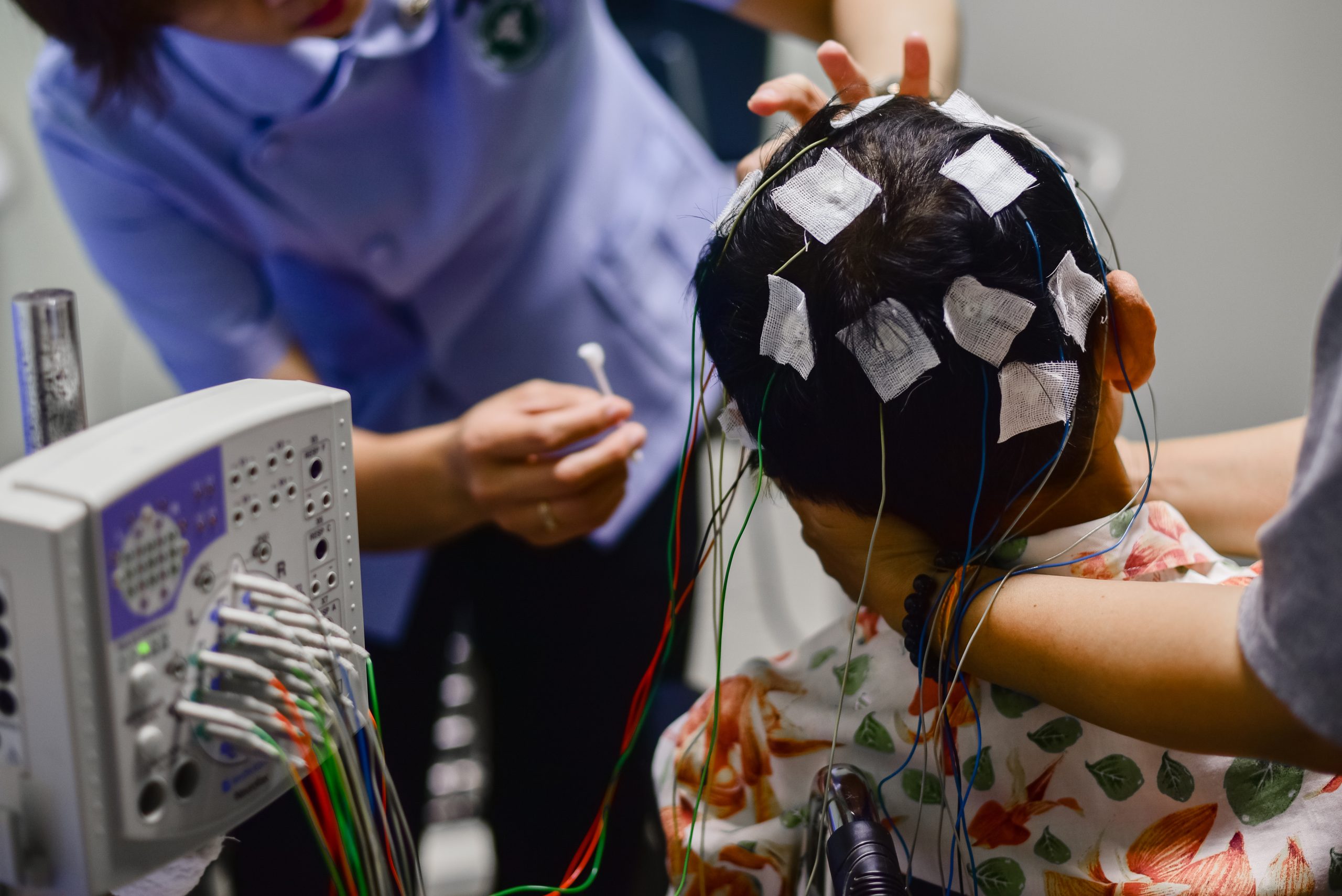Epilepsy: Helpful Information and Useful Resources
Epilepsy is a common neurological condition. People with epilepsy suffer from repeated episodes of mild to severe seizures. These seizures arise due to disruptions in the electrical connections in the brain. Epilepsy can be managed with medication, and in some instances, surgery.
Epilepsy can impact people from all age groups. Sometimes the cause is unknown. Some of the causes of epilepsy are:
- Traumatic brain injury
- Stroke
- Brain tumors
- DementiaGenetic conditions

Epilepsy Symptoms
Sometimes an imminent seizure is preceded by a set of signs or aura. These symptoms can include tingling sensations, emotional changes, or smelling a non-existent odor. Depending on the area(s) of the brain affected, additional symptoms can be:
- Staring into space
- Violent shaking
- Muscle tightening or spasms
- Loss of consciousness
A seizure usually lasts from several seconds to several minutes. Some people may experience longer seizures. The person may be conscious throughout the seizure or may lose consciousness.
Epilepsy Symptoms
Sometimes an imminent seizure is preceded by a set of signs or aura. These symptoms can include tingling sensations, emotional changes, or smelling a non-existent odor. Depending on the area(s) of the brain affected, additional symptoms can be:
- Staring into space
- Violent shaking
- Muscle tightening or spasms
- Loss of consciousness
A seizure usually lasts from several seconds to several minutes. Some people may experience longer seizures. The person may be conscious throughout the seizure or may lose consciousness.

Treating Epilepsy
Once epilepsy is diagnosed, then treatment should begin as soon as possible. Your physician will conduct a physical exam. They will also perform an electroencephalogram (EEG). This is to detect any unusual electrical activity in your brain. Other tests, like a CT or an MRI, may be performed to discover the cause and location of the problem.
It’s estimated that about 70 percent of people with epilepsy can control their seizures with anti-seizure medications and special surgeries. Some medications are more suitable for certain types of seizures than for others. For some, special diets may also help to manage the seizures. This is especially useful when medications are ineffective or cause severe side effects.
Safety is extremely important for those who have uncontrolled seizures. People whose seizures are not controlled should not operate any motorized vehicles. This is for their safety and that of others. Other precautions around heights or while in water are necessary. Showers instead of bathes are preferred, and a person who has uncontrolled seizures should not go swimming alone. Certain sports may not be safe if a person has uncontrolled seizures. These precautions should be discussed with your neurologist.


![]()
Epilepsy Outcome
While there’s no cure for epilepsy, most people can control their seizures with medication, diet, devices and/or surgery.
People with epilepsy may also face restrictions on their independence due to the risk of seizures. States have restrictions on driver’s licenses for epilepsy patients. They may also be excluded from some recreational activities. Rarely, epilepsy may be life-threatening, as patients are at risk for abnormally long seizures or sudden inexplicable death, so close care and monitoring with a neurologist is important to achieve the best control possible.
![]()
Epilepsy Outcome
While there’s no cure for epilepsy, most people can control their seizures with medication, diet, devices and/or surgery.
People with epilepsy may also face restrictions on their independence due to the risk of seizures. States have restrictions on driver’s licenses for epilepsy patients. They may also be excluded from some recreational activities. Rarely, epilepsy may be life-threatening, as patients are at risk for abnormally long seizures or sudden inexplicable death, so close care and monitoring with a neurologist is important to achieve the best control possible.

Accessing Healthcare
for Epilepsy
Epilepsy is a lifelong condition that requires effective healthcare. At Family Neurology, we can give you the treatment that is customized to meet your specific health requirements. We invite you to contact us today for an initial consultation. Let us help you manage your epilepsy so that seizures don’t disrupt your quality of life and overall welfare.


Epilepsy Resources
Organizations
Epilepsy Foundation
This is a national charity that supports the welfare of people with epilepsy. They seek to improve the quality of life of persons with epilepsy. It serves to improve how people with epilepsy are perceived, accepted and valued in society. They also promote curative research. Finally, the organization also funds a legal defense program.
National Council on Patient Information and Education
This is a coalition of almost 150 organizations. It promotes the safer and more effective use of medicines for people with epilepsy. They do this through better physician-patient communication.
Epilepsy Resources
Organizations
Epilepsy Foundation
This is a national charity that supports the welfare of people with epilepsy. They seek to improve the quality of life of persons with epilepsy. It serves to improve how people with epilepsy are perceived, accepted and valued in society. They also promote curative research. Finally, the organization also funds a legal defense program.
National Council on Patient Information and Education
This is a coalition of almost 150 organizations. It promotes the safer and more effective use of medicines for people with epilepsy. They do this through better physician-patient communication.

Call Us to Make an Appointment
Phone: 713-589-7020
Fax: 713-999-9095
3301 Plainview St, Suite 8
Pasadena, Texas 77504

